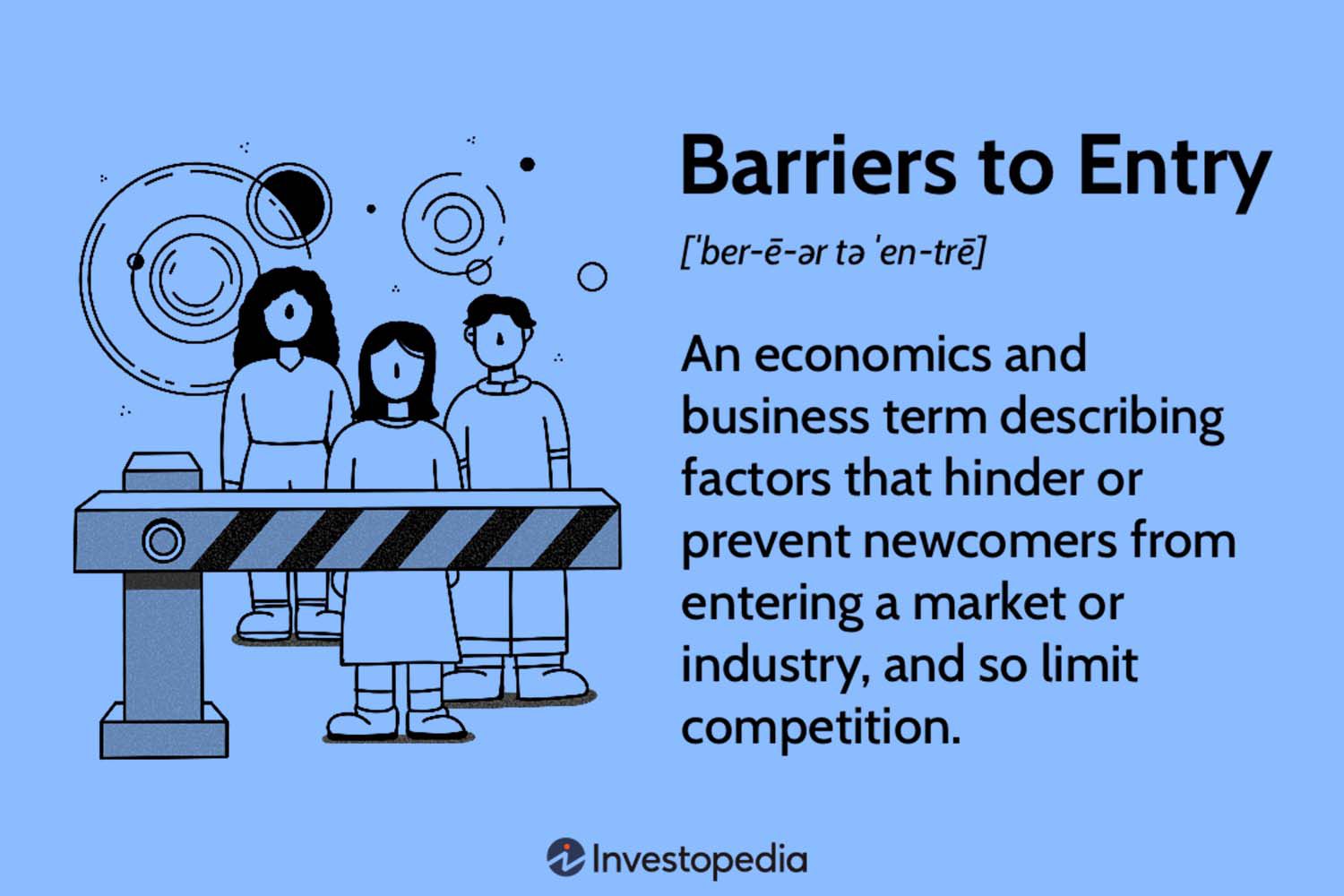Starting a new business is an exciting venture, but it can also be a daunting task. Entrepreneurs often face various barriers to entry, which are hurdles or challenges that make it difficult for new businesses to enter a particular industry or market. These barriers can range from economic factors to legal and technological hurdles. In this article, we will explore some of the common barriers to entry and discuss how to overcome them.

Credit: fastercapital.com
Table of Contents
Economic Barriers
One of the significant barriers to entry for new businesses is the economic barrier. This includes the cost of setting up the business, acquiring resources, and maintaining operations. Small businesses often struggle to secure funding or investment to cover their initial startup costs. Additionally, existing companies with significant economies of scale can offer products or services at a lower cost, making it challenging for new businesses to compete.
To overcome economic barriers, entrepreneurs can seek financial assistance or explore alternative funding options, such as angel investors or crowdfunding. Conducting thorough market research and creating a solid business plan can also help in attracting potential investors.
Regulatory Barriers
Regulatory barriers refer to the rules, regulations, and licenses that new businesses need to comply with to enter a particular market. Government regulations can vary depending on the industry, and compliance with these regulations can impose significant costs and delays. Some sectors, such as healthcare or finance, have strict licensing requirements, which can pose a challenge for startups.
To navigate regulatory barriers, entrepreneurs must be well-informed about the legal requirements in their industry. Seeking legal advice and consulting experts can help in understanding the compliance procedures. Additionally, networking with industry professionals and joining relevant associations can provide valuable insights and support.

Credit: www.flexjobs.com
Technological Barriers
In the digital age, technological barriers can heavily impact new businesses. Keeping up with advancements and incorporating the latest technology into operations can be costly and time-consuming. Additionally, existing companies may already have established technology infrastructure and patents that create barriers for new entrants.
Entrepreneurs can overcome technological barriers by prioritizing innovation and staying updated with industry trends. Investing in research and development can help create a competitive advantage. Collaborating with technology experts and leveraging partnerships with established companies can also provide access to necessary resources and knowledge.
Brand and Reputation Barriers
Established brands often enjoy strong customer loyalty and trust, making it challenging for new businesses to gain market share. Building brand awareness and reputation takes time and effort, and competing against well-known brands can be an uphill battle.
To overcome brand and reputation barriers, entrepreneurs must focus on differentiation and showcasing their unique value proposition. Highlighting the advantages of their products or services can attract customers. Implementing effective marketing strategies, utilizing social media platforms, and creating a strong online presence can help in building brand recognition.
Conclusion
Starting a new business comes with its fair share of challenges. However, by understanding and addressing the various barriers to entry, entrepreneurs can increase their chances of success. Economic barriers, regulatory hurdles, technological challenges, and brand and reputation barriers can be overcome with careful planning, research, and innovation. By staying adaptable, persistent, and focused, new businesses can pave their way in the market and thrive.
